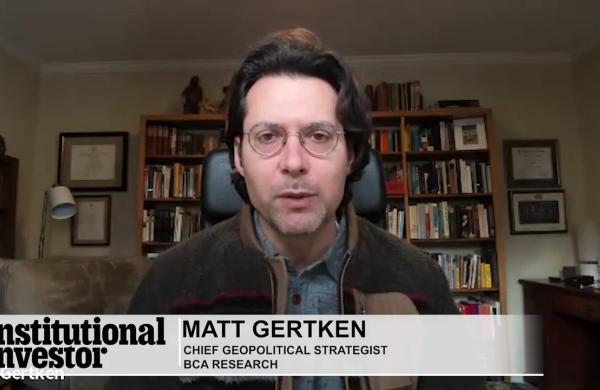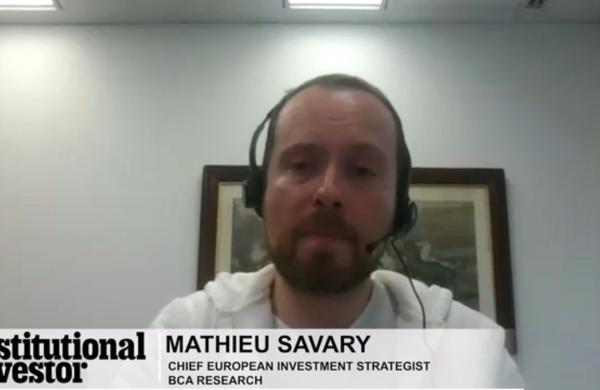Who was the biggest buyer of class-A commercial office space last year? It wasn't an industry leader like Equity Office Properties Trust but a lesser-known company, Atlanta-based Wells Real Estate Investment Trust. The firm is on a roll. In the first half of this year, Wells raised more than $1 billion of equity and expects that tally to reach $2.5 billion by year-end.
The real estate investment trust's parent company, Wells Real Estate Funds, which manages the Wells S&P REIT Index Fund and limited partnerships as well as its flagship Wells REIT, is led by its charismatic founder and president, 59-year-old Georgia native Leo Wells III. He got his start in the real estate business in the early 1970s, brokering Atlanta-area properties that were syndicated to individual investors.
Wells's conservative business strategy -- the company pays for all properties in cash -- was born of his experience watching what happened to other investors during that decade. "A lot of their real estate got foreclosed on," he recalls. The safety of his REIT's unleveraged purchases and the certainty of its dividend appeal to investors and make fundraising easier, says Wells.
That said, the stability the five-year-old trust provides doesn't come cheaply. It charges fees as much as 16 times higher than other REITs, a level some analysts think is excessive.
The four biggest sponsors of publicly registered, nontraded REITs, of which Wells is one, have pulled in a combined $3 billion in the first half of this year. In Wells's case, the money comes from the customers of some 300 independent broker-dealers and financial planners.
Because their shares do not trade on any exchange, these REITs are basically illiquid. A REIT may buy back its own stock; otherwise, investors must hang on until the REIT undertakes the exit strategy specified in its prospectus.
The lack of liquidity is a positive, says Wells. "You don't have the daily volatility that something that is traded has to go through," he explains.
Says Mark Congdon, a senior partner at the Rochester, New Yorkbased financial adviser Horizon Group, who places clients in Wells investments, "I think illiquidity, for a small portion of your overall portfolio, is a great trade-off for a very secure 7 percent dividend." Publicly traded REITs average a 6.4 percent yield.
Still, the fees trouble analysts and industry consultants. Fees, brokerage compensation (one-time, up-front commis- sions of 7 percent) and other miscellaneous expenses total 16 percent of equity raised for Wells, according to its prospectus. Other nontraded REIT expenses typically run about 12 percent.
"The cost to invest in public REIT shares is less than 1 percent, round-trip," notes Jon Fosheim, a principal at Green Street Advisors, a Newport Beach, California research boutique. "Charging investors outrageously high fees is never okay," says Fosheim about private REITs. Adds Barry Vinocur, editor-in-chief of Realty Stock Review, "I don't think private REIT investors understand the drag on investment."
Beyond dispute is Wells's success in acquiring commercial and industrial real estate. Recent high-profile deals include its $465.2 million acquisition of the Aon Center in Chicago. Sources say that Wells is the likely purchaser of the Leo Burnett Building, a Chicago trophy property on the block as of mid-August.
"We're not under contract," is all Wells will say.





